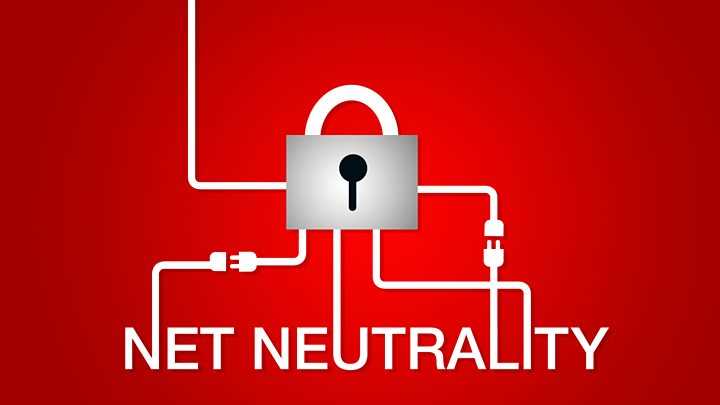Net Neutrality is the principle over which the Internet Service Provider (ISP) (any respective company network you are using) is liable to provide access to all sites regardless of their type, content, and applications at equal speed and on the same condition without blocking, interrupting or preferencing any content.

Therefore, in an easy
language we can say that, these Internet Service Provider companies shouldn't be able to block your access for the service websites and applications like
Skype, or slow down
Netflix or Amazon Prime, which indirectly encourages you to keep your cable package going or go for a different video-streaming service which would be much costlier than the existing one.
If the Net Neutrality principle has been abolished, then it might be possible that certain sites would take longer to load or might require a special plan to access those specific sites and services. It could get even worse, if the Internet Service Providers would get the authority to block the access of some specific sites without the prior approval from the respective
authorities, in a sense it would be great if you’re talking kiddie porn, but on the other hand it won’t be great if it’s a political site.
Net neutrality also means that Internet Service Providers won’t be allowed to charge users access fees for any particular
website. The basic and most important goal of applying net neutrality is to ensure that businesses can be carried out completely freely on the internet without having to pay any extra expenses to Internet Service Providers. Without the Net Neutrality, the consumers would look more like an
advertising segment who has not his own will to visit sites instead of the availability of the open marketplace.